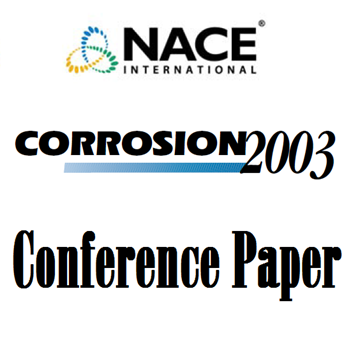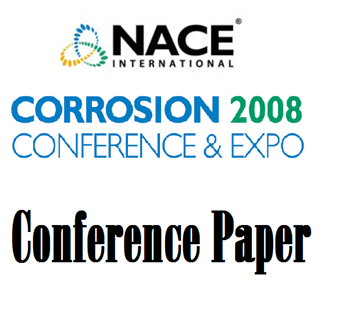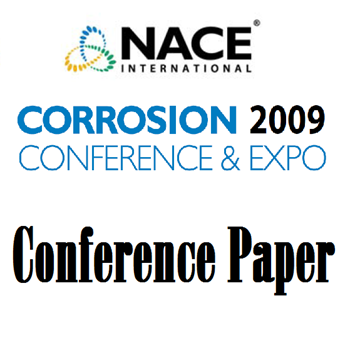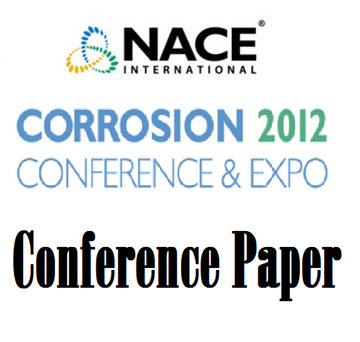Search
Products tagged with 'thermal spray aluminum'
View as
Sort by
Display
per page
03029 STRATEGIES TO PREVENT CORROSION UNDER INSULATION IN PETROCHEMICAL INDUSTRY PIPING
Product Number:
51300-03029-SG
ISBN:
03029 2003 CP
Publication Date:
2003
$20.00
08036 Evaluation of Steel and TSA Coating in a Corrosion Under Insulation (CUI) Environment
Product Number:
51300-08036-SG
ISBN:
08036 2008 CP
Publication Date:
2008
$20.00
09348 Prevention of External Chloride Stress Corrosion Cracking of Austenitic Stainless Steel with a
Product Number:
51300-09348-SG
ISBN:
09348 2009 CP
Publication Date:
2009
$20.00
Deployment of CUI Prevention Strategies and TSA Implementation in Projects
Product Number:
51312-01100-SG
ISBN:
01100 2012 CP
Publication Date:
2012
$20.00
Determination of the Corrosion Rate of Thermally Spayed Aluminum (TSA) in Simulated Marine Service
Product Number:
51320-14650-SG
Publication Date:
2020
$20.00





